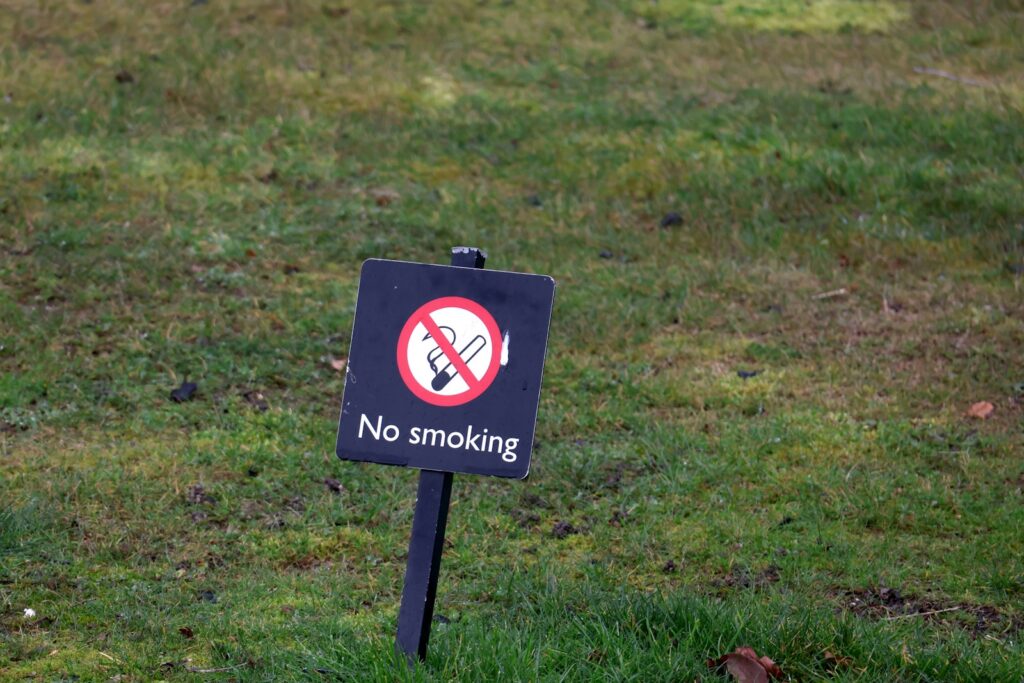A new study led by researchers from the Max Planck Institute for Chemistry in Germany has found evidence that long-term exposure to PM2.5 significantly increases the risk of asthma.
Furthermore, they suggest that we might be underestimating the overall adverse health effects of PM2.5 and that as a consequence, combating air pollution could save more lives than previously thought.
For their analysis, the team examined a total of 59 scientific papers, 41 on childhood asthma and 18 on adult asthma. this provided a sample of 15.6 million children from 15 countries and regions and 10.1 million adults from 20 countries and regions.
They undertook a systematic review, meta-analysis, exposure-response analysis, and health impact assessment based on these papers and found evidence that, for every 10 μg/m³ increment in PM2.5, the risk of childhood and adult asthma increases by 21.4%
Dr. Ni. said: ‘We estimate that globally in 2019, almost a third of asthma cases are attributable to long-term PM2.5 exposure, corresponding to 63.5 million existing cases and 11.4 million new cases. In Germany, the pollution may have been responsible for 11% of new asthma cases, which corresponds to 28,000 people. We also find that the risk of asthma associated with PM2.5 is much higher in children than in adults, reflecting the age-related vulnerability.’
The team established exposure-response curves (a tool that describes how a population responds to different levels of exposure) by incorporating evidence from countries and regions across various income levels, which capture the global variation in PM2.5 exposure.
This made it possible to assess the attributable burden of asthma from city to global level, along with asthma health benefits associated with air quality improvement.
Prof. Yafang Cheng, the corresponding author of the study and the director at the Max Planck Institute for Chemistry said: ‘Our findings highlight the urgent need for policymakers to enforce stringent legislation to continuously combat air pollution, while personal protective measures, such as wearing masks, can also help reduce individual exposure and mitigate the risk of asthma.
Also involved in the research were the Institute of Atmospheric Physics at the Chinese Academy of Sciences (China), University of Washington (USA), and Monash University (Australia).


















Leave a Reply